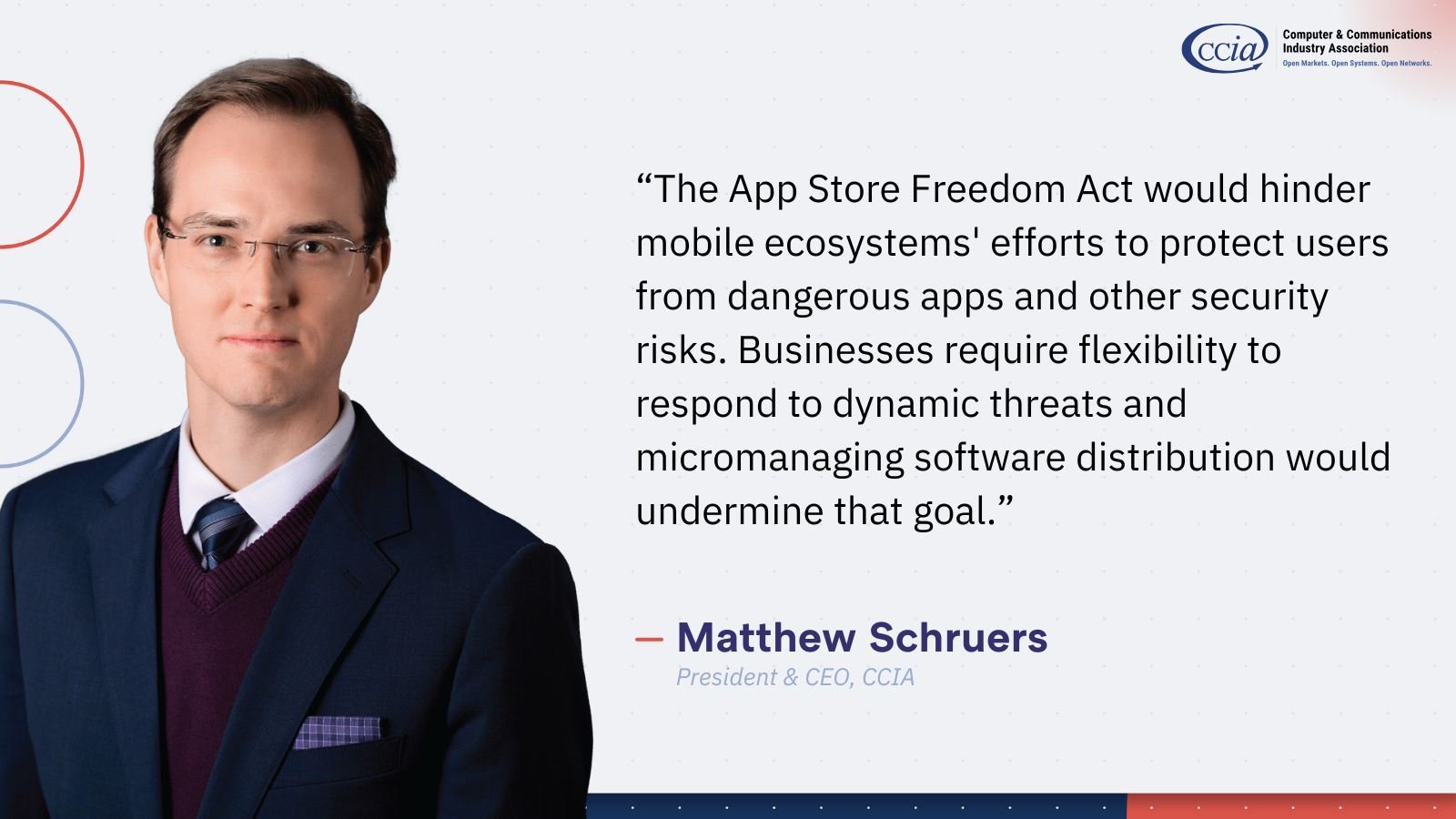App Store Showdown: Industry Group Warns of Dangerous Legislative Threat

In a bold move to challenge digital marketplace regulations, Representative Kat Cammack from Florida has proposed the App Store Freedom Act, a legislative initiative aimed at disrupting the current app store ecosystem. The bill seeks to challenge existing safety and security standards that currently govern major online app platforms.
Cammack's proposed legislation could potentially reshape how digital app marketplaces operate, potentially introducing significant changes to how consumers access and download mobile applications. By targeting the current app store frameworks, the bill aims to create more flexibility and competition in the digital app distribution landscape.
The proposed Act raises important questions about the balance between app store security protocols and market openness. While proponents argue it could foster innovation and reduce platform monopolies, critics warn that it might compromise the robust safety mechanisms currently protecting users from potentially malicious applications.
As the tech industry watches closely, the App Store Freedom Act represents a potentially transformative approach to regulating digital app distribution platforms, signaling a potential shift in how mobile applications are developed, distributed, and accessed by consumers.
